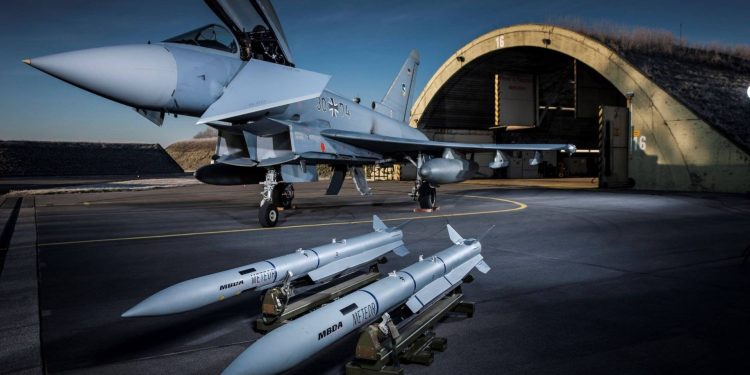Britain said on Tuesday it would resume arms sales to Saudi Arabia, halted last year after a UK court ruling over the Gulf kingdom’s bombing campaign in neighbouring Yemen.
Weapons exports were stopped in June 2019 after the Court of Appeal ordered the government to clarify how it assesses whether their use in Yemen’s civil war breaches international humanitarian law (IHL).
The conflict has claimed tens of thousands of lives and triggered what the United Nations has described as the world’s worst existing humanitarian crisis.
However, the British government has concluded Saudi Arabia “has a genuine intent and the capacity to comply with IHL”, according to International Trade Secretary Liz Truss, allowing for export licence reviews to restart.
“I have assessed that there is not a clear risk that the export of arms and military equipment to Saudi Arabia might be used in the commission of a serious violation of IHL,” she said in a written statement to parliament
“The government will now begin the process of clearing the backlog of licence applications for Saudi Arabia and its coalition partners that has built up since 20 June last year.”
She said it could take “some months” to complete.
The announcement came just a day after Britain slapped sanctions on 20 Saudis for their suspected roles in the killing of journalist Jamal Khashoggi.
‘Morally bankrupt’
The weapons decision drew immediate criticism from arms control activists, with the Campaign Against Arms Trade (CAAT) saying it was considering further legal steps.
“This is a disgraceful and morally bankrupt decision,” said Andrew Smith of CAAT.
“The Saudi-led bombardment of Yemen has created the world’s worst humanitarian crisis, and the government itself admits that UK-made arms have played a central role on the bombing.
“We will be considering this new decision with our lawyers, and will be exploring all options available to challenge it.”
Government figures analysed by CAAT show that Britain had licensed nearly �5 billion ($6.4 billion) in weapons to the kingdom since its Yemen campaign began in 2015.
In its 2019 ruling, England’s Court of Appeal said the government had broken the law by failing to assess properly whether the arms it sells to Riyadh violated its commitments to human rights.
The court ordered the UK to “reconsider the matter” and weigh up future risks.
Truss said it had now “developed a revised methodology” to assess allegations of violations by Saudi forces, and determined past incidents were “isolated”.
She said applications would be “carefully assessed” against the Consolidated European Union and National Arms Export Licensing Criteria.
“A licence would not be granted if to do so would be a breach of the Criteria,” Truss said.











